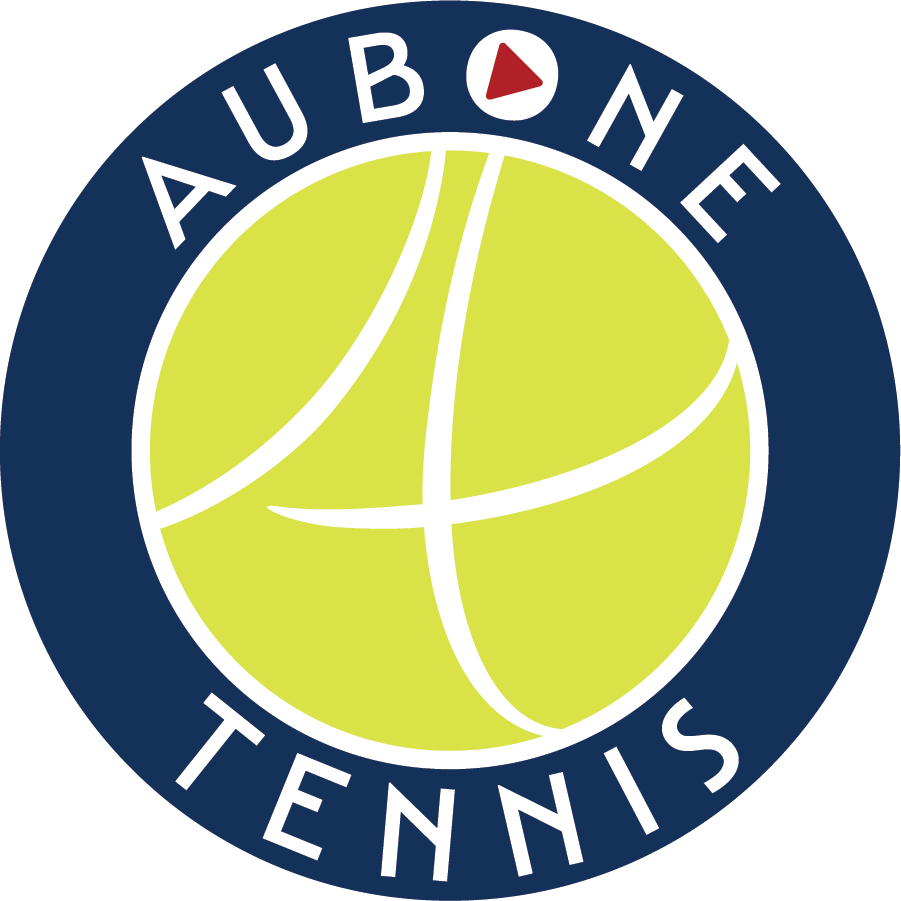Overcoaching - A Potential Problem for Coaches and Parents
“No, the point is to first get self disciplined people who engage in very rigorous thinking, who then take disciplined action within the framework of a consistent system designed around the Hedgehog Concept” - Jim Collins, Good To Great
After years of research, Jim Collins and his team discovered that the path from good to great starts with disciplined people taking disciplined action. A manager (coach) provides the framework of a proven system for success and gives the trusted employee (player) the freedom to make disciplined choices as they see fit.
Tennis is one of the only sports that does not allow coaching during competition. It’s up to the player to make disciplined choices within the framework/strategy their coach has provided them to succeed. But if a coach always tells a player what to do in practice, a player never has the opportunity to develop the discipline required to make the right choices on their own during competition.
That is why silence from the coach is necessary at certain times. If the coach is talking the entire time, the player can’t think. They can only listen.
Now a coach being silent is much harder than it seems. It’s hard to watch your player in emotional despair as they’re making countless mistakes. The answer is so clear for the coach! One simple coaching message and BANG the player is happy and the coach keeps their job.
Not to mention they’re getting PAID to coach! The parents might be watching and if they’re just sitting there not coaching anything then why pay them to be there!
But silence is actually a form of coaching.
Once the player has been provided the framework they need to execute in (crosscourt, angles, drop shots, topspin, slices, etc.), it’s important for all egos to be set aside and the player to be given the freedom to develop their decision making abilities through trial and error.
The player has to learn to filter through their thoughts, calm their emotions down, and figure out what they need to do. If they're constantly being coached then they can't figure it out for themselves. And if they can't figure things out in practice, how can they think in a match?
Silence is helpful even when they're working on something new.
If the player can learn the new shot naturally, better. The less words they have in their head, the simpler the game will be.
Also, it helps the player develop mental toughness. How long will they go before they get so frustrated they want to quit the drill? Or do they work harder and harder as the drill goes on?
I included parents in the title because they too can interfere with the process of their child learning to make disciplined choices. I’ve seen parents coaching during practice and even worse, matches. It’s hard for a parent to sit on the sideline and watch their child play terribly when the solution might look so easy. After all, they’re investing money in their child’s development. They want to see results!
But every sport is easier to play from the sideline. It’s the emotional roller coaster that makes tennis and all other sports so difficult. If a tennis player is always handed the answer, they’ll never learn the mental skills required to be a great competitor.
So coaches, parents, it’s okay to be quiet and let the player learn on their own sometimes.
